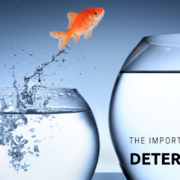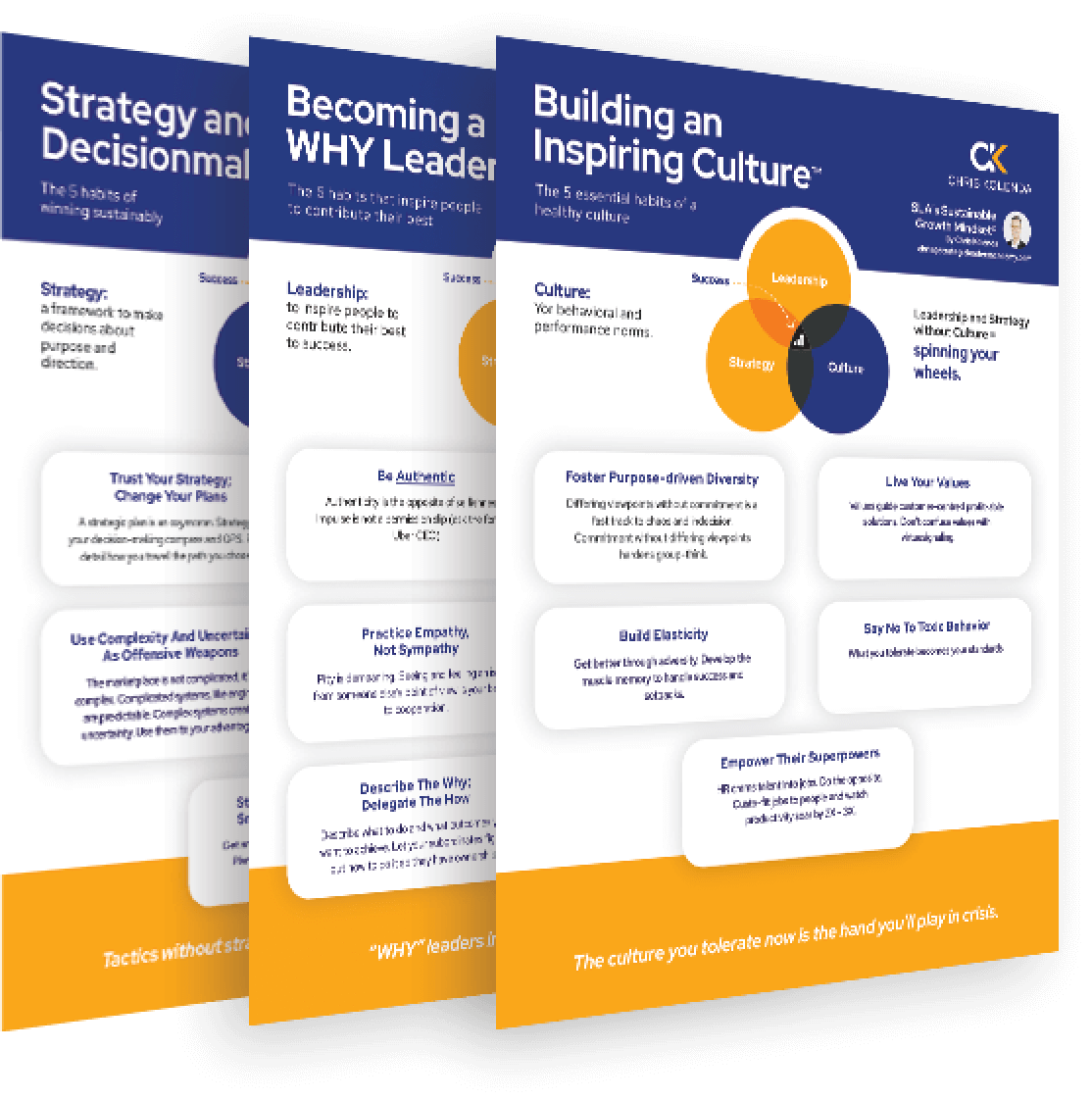4 Ways to stop unconscious bullying from damaging your team
The Leadership Podcast, co-hosted by Jan Rutherford and Jim Vaselopulos, is my go-to resource for leadership discussions.
They’ve got extraordinary episodes with some of the world’s most respected leaders.
I was gratified when they asked me to discuss ways that leaders can deal with workplace bullying and help their subordinates be the best versions of themselves.
One of my mentors, Michele Flournoy, connected us (thank you, Michele!).
As you know, bullies, predators, and jerks can ruin your team and peace of mind.
By the time they become managers, most of them have mastered the art of kiss-up and kick-down.
These creeps exist in the workplace. They are very intentional about what they are doing and are quite unlikely to change.
More common is behavior that is not intended to be bullying but is perceived that way.
This situation damages the trust, mutual respect, and morale that’s essential for your team’s success.
Turnover is the #1 indicator of this problem.
With the economy in such horrible shape, people are understandably reluctant to leave their jobs.
As the economy recovers, though, expect to see a mass exodus from toxic work environments.
Gallup reports that seventy-five percent of Americans who leave their jobs voluntarily do so to get away from their managers.
There are common-sense ways to deal with unconscious bullying.
First, make your values explicit. There’s a direct correlation between expectations and results.
Clear leader and employee behaviors for each value set important boundaries and will help you hold people accountable.
Second, discuss your values routinely at meetings and during your one-on-one counseling sessions.
Third, give people ways to disarm bullying behavior. Merely repeating back what a person said and asking for confirmation can be enough to correct the behavior.
Finally, coach your direct reports to be the best versions of themselves. Subconscious cloning – trying to turn people into mini-versions of you – damages your relationship and undermines performance.
The best gauge of success is when your most vulnerable employees feel that they can always contribute as their best and most authentic selves.
I was proud to discuss this issue with Jan and Jim on The Leadership Podcast.
P.S. Nailing your next 100 days gives you the escape velocity to launch, reboot, or scale your solo or small business. Check out the replay of this free masterclass on the 8 steps you need to take to achieve the escape velocity you need.
Schedule your strategy call today. We’ll discuss your goals and obstacles, and I’ll give you 2-3 specific action steps to take now to power through roadblocks and get you closer to your goals. No sales, no B.S.





